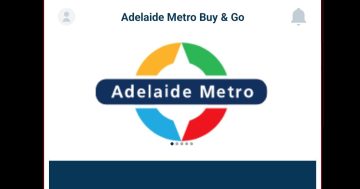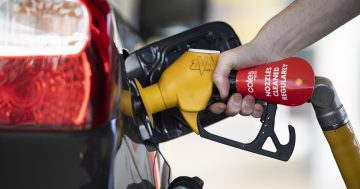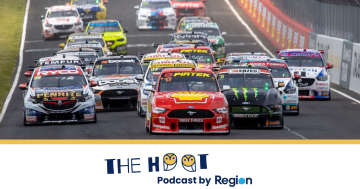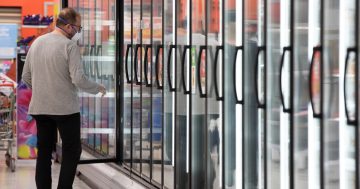Martin Hesse* says buying consumables such as groceries on credit is one of the worst possible forms of debt, and should be avoided.
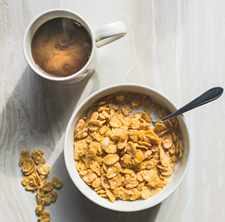
Photo: Calum Lewis
Credit cards and store cards have their conveniences.
They enable you to buy items upfront that you can pay for all in one go at the end of the month.
If this is how you are using such cards, a pat on the back for your financial discipline.
The trouble sets in when you don’t pay the full amount owing at the end of each month and perhaps pay only the required minimum.
This is what the purveyors of such cards bank on, if you’ll excuse the pun.
The less disciplined you are in using these cards, the more money they make in the form of exorbitant interest and other charges.
If you are paying the minimum on your card — say, $700 — but are spending, say, $5,000 on it each month, there is nowhere to go but down.
And once you are caught in such a spiral — like snorting cocaine, it can take just one lapse of judgement to become ensnared — it demands a huge effort to free yourself.
It’s like weaning yourself off an addictive drug.
You may know about the wonder of compound interest.
Well, it works in reverse when it comes to debt.
If you are not at least paying off the interest on a debt (which could be in the region of 20 per cent), the amount you owe will increase exponentially.
There should be a law against people being able to buy consumables such as groceries on credit, because this is the worst possible debt, and the massive mountain of this debt is preventing so many people from achieving financial freedom and improving their lives.
Ignore the rosy, smiley-family advertisements that punt the message that taking on credit will improve your lifestyle.
They are grossly misleading and should be banned.
The only way to a better lifestyle is a higher income.
Not all debt is bad (but most of it is).
Bad debt is what I have just described; it’s when money is borrowed to pay for things that are consumed or that depreciate in value, such as cornflakes and cars.
Good debt is money borrowed to buy an asset that appreciates in value, such as property (although even here appreciation is not guaranteed).
A student loan is considered good debt, because you are investing in yourself and you will reap the benefits in your future earnings.
And if you’re an entrepreneur who needs to borrow to fund your venture, that’s another example of good debt.
Store cards
Some grocery retailers have their own store cards and will argue that the cards provide convenience — even savings — for their customers, and they are granting credit only to those who can afford it and who will use the cards responsibly.
I have no doubt that they are complying with the increasingly stringent legislation governing lending practices.
But the message they’re putting out to the wider public, advertently or inadvertently, is this: it’s okay to buy your consumables on credit and, if push comes to shove, to pay them off month by month.
However, food is the one commodity consumers should try to pay cash for.
Whatever card you are using, my humble suggestion is this: pay cash for your cornflakes — in other words, don’t be tempted to pay less than the full amount owing.
* Martin Hesse is Content Editor: Personal Finance for Independent Media in South Africa.
This article first appeared at www.iol.co.za.



